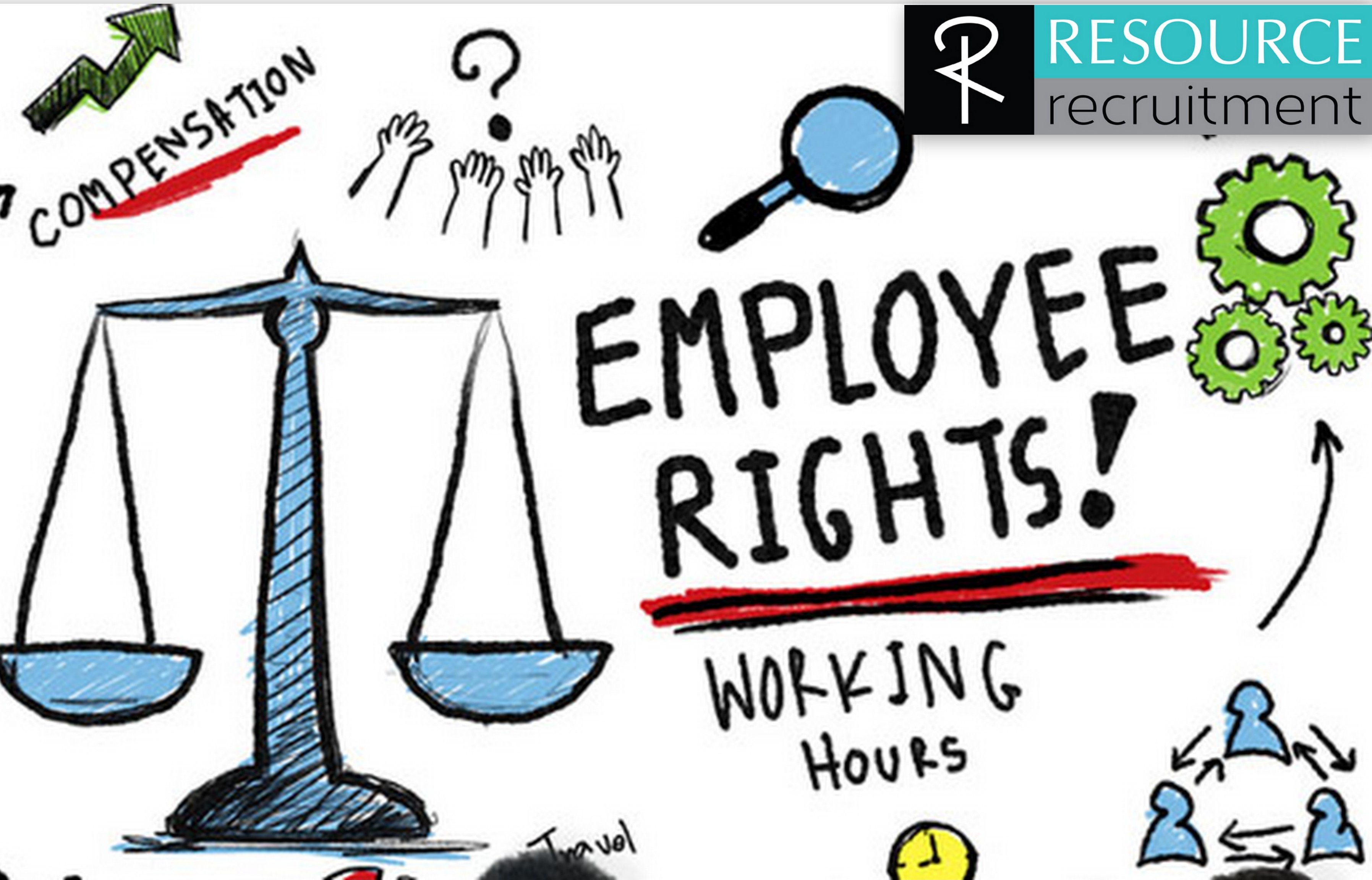
22 Jan Rights of a job seeker
Who can look for a job?
Anyone can look for a job. No one is bound to stay with a company. Recently I met a lady who was very anxious because she handed in her resignation and her employer said she would not accept it. It really is not up to the employer if you want to resign. If your employer offers you’re a counter offer to stay, be careful to get it in writing. Verbal promises are easily made in the heat of the moment, and seldom delivered on in the end.
Be careful of telling your employer that you are looking for another job, though, or they may start looking for your replacement!
Giving notice when you resign.
It is a myth that you can leave a job immediately, or decide how long you want to give your employer. The basic condition of employment lays it down as follows:-
- In the first 24 hour there is no notice
- In the first six months you have to give a weeks notice
- In the first six- twelve months you have to give two weeks notice
- After the first year you have to give four weeks notice
- If you have a signed contract that states longer than the above, then you have to abide by the contract
- If mutually agreed, you can leave sooner
- If your employer asks you to leave immediately, and you do not want to, they must pay you your notice period even though you are not working
- Legally, you cannot take annual leave during your notice period- a company would have to pay you out your leave after you finish working your notice period
It is your responsibility to adhere to the above notice period. A future employer will respect you for honouring it. In the future, you will need a reference from this company, whether you want it or not, so do not burn bridges!
References
It is your right to ask for a written reference, and always advisable, because when you need it, the person who you worked for may have left the company, or the company closed, and then it is too late. The company can legally refuse to give you a reference, but legally they have to give you a certificate of service. This certificate will state that they employed you, the dates, your position, your salary and your reason for leaving (optional). You can insist on this, and again, it is advisable.
Payouts
When you resign, regardless of why you resign and what your notice period is, the company has to pay you:-
- Your salary for the days you worked
- Your notice period (work or not, as agreed)
- Any leave days owning and not taken
- If retrenched, one week for every years service, or agreed package if better than this
The employer cannot deduct any money from your final payout unless you have given them written permission.
UIF
A company has to contribute towards UIF, even if you are temping for them. If you resign you cannot claim UIF, but if you have been dismissed, contract terminated, retrenched, etc, you are eligible to claim UIF.
Letter of Offer
Before resigning your current job, it is advisable to get an offer in writing. Even if it is just an email from the company stating the position, salary, benefits and start date. A contract of employment will follow when you have accepted the position, often the day you start. When receiving the offer, ask in writing if there are any restraints of trade that may be of concern to you.
Contract of Employment
A lot of companies do not give out contracts of employment, even though they should. Once you are employed and doing the job, the urgency of HR if forgotten. The Basic Conditions of employment Act (BCEA) is there to protect you in this case. The BCEA is just that- the lowest a company can go in terms and leave, sick leave, notice periods etc. If you do not have a contract of employment, your conditions of employment are as stated in the Act.



